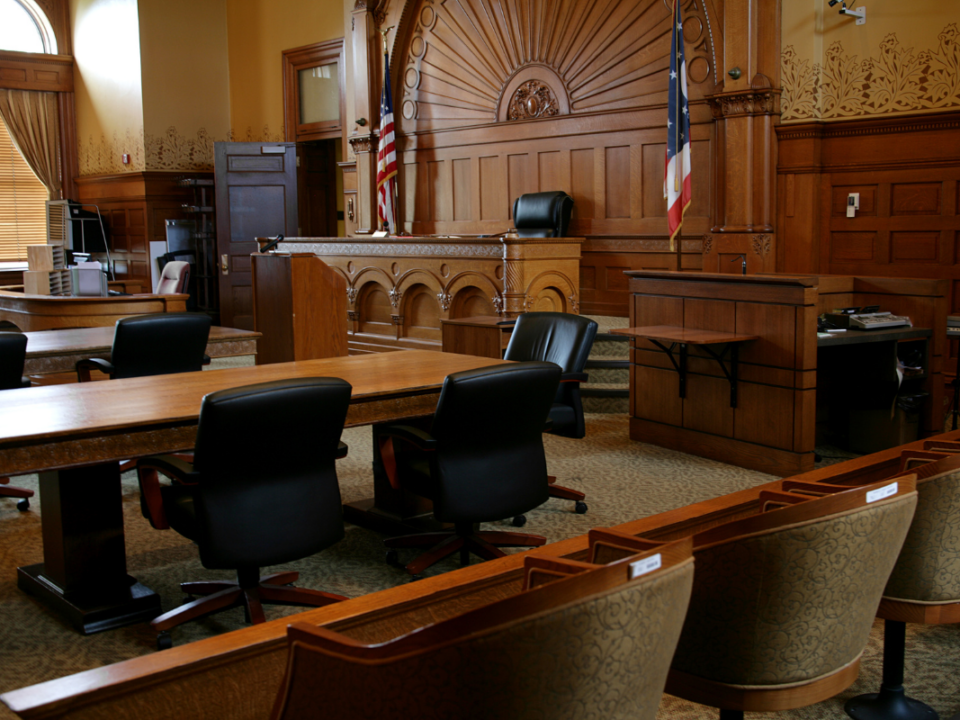A new bill has been introduced to protect artists from the use of their lyrics against them in court, an issue that increasingly affects Hip-Hop artists.
The bill, which is the first of its kind at the federal level, was introduced on Wednesday (Jul. 27) in the U.S. House of Representatives by Congressmen Hank Johnson (GA-04) and Jamaal Bowman (NY-16). Titled the Restoring Artistic Protection Act (RAP Act), the bill would impact the Federal Rules of Evidence by adding a presumption “that would limit the admissibility of evidence of an artist’s creative or artistic expression against that artist in court.”
Prosecutors cited their lyrics in the RICO indictment against YSL rapper Young Thug and Gunna. The indictment includes Nine Young Thug songs, with prosecutors using them to portray him as a violent gang figure.
Support For The Rap Act
Following Wednesday’s announcement, Recording Academy CEO Harvey Mason jr. and Rico Love, chair of the Recording Academy Black Music Collective, remarked:
“Today’s introduction of the RAP Act in the House of Representatives is a crucial step forward in the ongoing battle to stop the weaponization of creative expression as a prosecution tactic. The bias against rap music has been present in our judicial system for far too long, and it’s time we put an end to this unconstitutional practice. We extend our gratitude to Representatives Hank Johnson (D-GA) and Jamaal Bowman (D-NY) for their leadership on this issue, and we will continue to work closely with them to advance the protections in this bill that ensure all artists can create freely without fear of their work being criminalized.”
“Rap, hip-hop and every lyrical musical piece is a beautiful form of art and expression that must be protected,” Congressman Bowman added, as per Variety. “I am proud to introduce the RAP Act alongside Rep. Hank Johnson. Our judicial system disparately criminalizes Black and brown lives, including Black and brown creativity.
He then gave the example of 17-year-old Tommy Munsdwell, currently serving life behind bars. His conviction heavily relied upon his song lyrics. “He is not an outlier. Evidence shows when juries believe lyrics to be rap lyrics, there’s a tendency to presume it’s a confession, whereas lyrics for other genres of music are understood to be art, not factual reporting,” Congressman Bowman continued. “This act would ensure that our evidentiary standards protect the First Amendment right to freedom of expression. We cannot imprison our talented artists for expressing their experiences nor will we let their creativity be suppressed.”
Click here to read the full text of the RAP Act bill.
